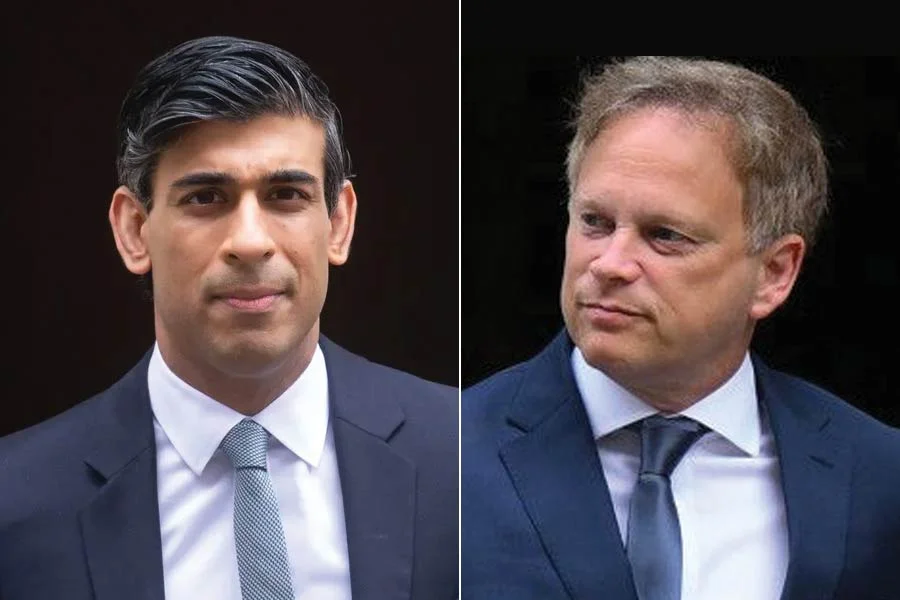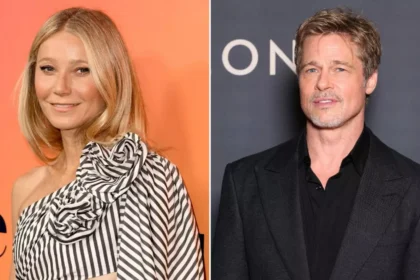Grant Shapps, the former energy minister, has taken on the mantle of Britain’s defence minister, replacing Ben Wallace. This surprising move not only caught many off guard but has also stirred both support for Ukraine and concerns due to Shapps’ limited military experience.
The appointment of Grant Shapps to this pivotal role was orchestrated by Prime Minister Rishi Sunak as part of a minor reshuffle, with Claire Coutinho stepping into Shapps’ former position as the new energy minister.
As the anticipation of a national election looms next year and following Wallace’s resignation, Prime Minister Sunak seems to be strategically leveraging Shapps’ prowess in media communication to counterbalance the leading position of the opposition Labour Party in the opinion polls.
Upon the announcement of his appointment, Shapps expressed his eagerness to collaborate with the brave men and women of the Armed Forces who tirelessly safeguard the nation’s security. He reiterated the UK’s unwavering support for Ukraine in its ongoing struggle against the invasive actions of Putin’s regime, going so far as to describe these actions as “barbaric”.
Central to this unexpected move is Britain’s commitment to aiding Ukraine’s defense efforts. As a significant defence supplier for Ukraine, the UK is now focusing on ramping up its production of weaponry, particularly artillery shells, to assist Kyiv in repelling Russian forces and replenishing its military reserves.
However, Moscow has vehemently criticized Britain’s involvement, arguing that such military assistance only exacerbates the existing conflict.
The decision to appoint Shapps as the defence minister raised eyebrows within the ruling Conservative Party. His limited background in military affairs has become a point of contention among party members.
Shapps, known as a reliable figure with a penchant for using spreadsheets in his work, recently visited Kyiv where he announced export finance guarantees. During his visit, he also paid a visit to a kindergarten attended by the young son of a family he had sheltered following their escape from the Russian invasion. Shapps’ own Jewish heritage, tracing back several generations to Latvia, Poland, and Russia, seemed to deeply resonate with the stories of his Ukrainian guests.
This appointment marks Shapps’ fifth job change within a year, a testament to his versatility. He has previously held roles in transport, interior affairs, business, and energy and net zero. In the latter role, he was succeeded by former children’s minister Claire Coutinho.
Adding a touch of humor to the mix, Shapps recently commented on his role as the face of the government’s “crisis communications.” He recounted a junior official’s remark that humorously highlighted the challenging nature of his position, especially when dealing with defending a former adviser’s breach of COVID-19 restrictions.
As Ben Wallace bids farewell to his role as defence minister, he confirmed his resignation in a letter to Prime Minister Sunak. Wallace’s departure comes after four years of service, during which he played a significant role in the UK’s response to Russia’s invasion of Ukraine. His departure is motivated by a desire to explore opportunities outside of parliament.
Wallace’s departure also brought to light his views on Ukraine’s approach to its allies. During a NATO summit, he urged Ukraine to express appreciation and avoid treating allies like mere transactions. Wallace clarified that the relationship between London and Kyiv is better characterized as a partnership rather than a purely transactional arrangement.
Ukraine’s Defence Minister Oleksiy Reznikov expressed gratitude to Wallace for his dedication, acknowledging that his influence inspired other nations to support Ukraine in its ongoing efforts.
As Grant Shapps assumes his new role, Britain’s political landscape experiences another twist, leaving both supporters and skeptics closely watching his actions in the realm of defence. The international community now awaits how this unexpected appointment will shape Britain’s stance on the global stage and its commitment to Ukraine’s fight for sovereignty.




